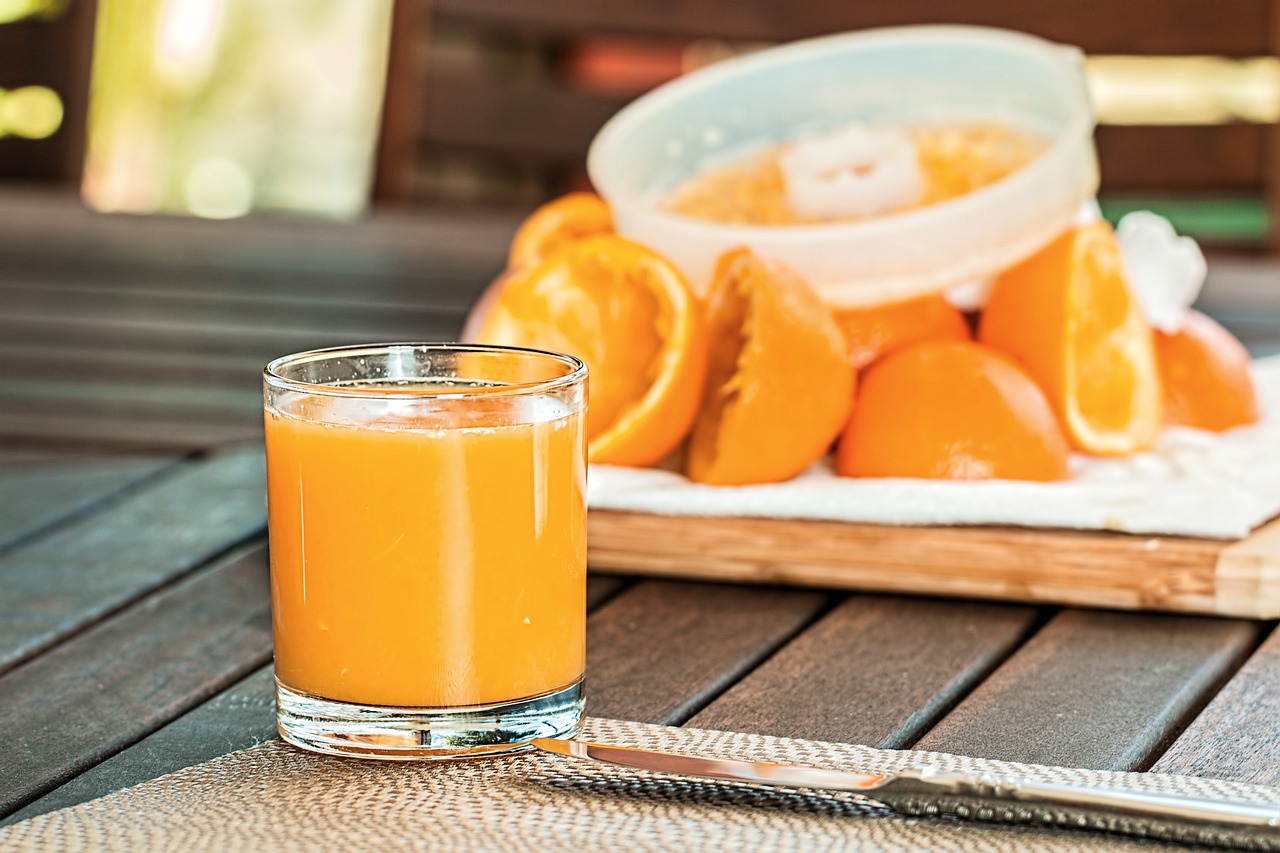Fruits are nutritious and healthy, making them an essential choice for daily vitamin and dietary fiber supplementation. Some of you think that juicing fruits should be more beneficial to your health as it concentrates all the essence of fruits. So, they will choose to drink fruit juice instead of eating the fruit. Unbeknownst to them, the nutritional difference between drinking fruit juice and eating fruit directly can be too much!
Why are juices less nutritious than fruits? Where exactly is the difference?
Loss of dietary fiber
The primary difference lies in the dietary fiber content. Dietary fiber in fruits is made up of the cell walls of the fruit, which is known to promote digestion, increase satiety and regulate blood sugar levels. In contrast, fruit juices are usually concentrated or filtered, which strips most of the fiber from the fruit. While some juices may have a small amount of dietary fiber added, they are usually much lower in fiber compared to the whole fruit.
Vitamins and minerals
Fruits are rich in natural vitamins and minerals. Different types of fruits contain different vitamins and minerals, such as vitamin C, vitamin A, potassium and magnesium, which are essential for maintaining the proper functioning of the body.
However, the process of making fruit juices often involves steps such as processing and heating, which can result in the loss or reduction of some of these vitamins and minerals. For example, nutrients that are susceptible to heat sensitivity, such as vitamin C, may be destroyed by high temperatures during thermal processing, thereby reducing the vitamin content of the juice. In addition, fruit juices may be exposed to air or light during processing, which can also lead to oxidative loss of some nutrients.
The sugar content is different
Fruits contain natural fructose, a natural simple carbohydrate that not only provides energy, but also satisfies the desire for sweets. However, when fruit is made into juice, it can contain much higher levels of fructose due to concentration and processing. In a sense, fruit juice is not even as healthy as cola because it provides a lot of sugar but little satiety, which can easily lead to overdrinking.
What are the effects of regular intake of fruit juices on the body?
Digestive Problems. Dietary fiber is essential for maintaining a healthy digestive system. It promotes bowel movements and prevents constipation or other digestive problems, and the benefits of dietary fiber can be better obtained with direct fruit intake, whereas fruit juices may not provide the same benefits.
It leads to wide fluctuations in blood sugar. Also because fruit juice lacks the fiber inherent in fruit, these fructose sugars tend to be more readily and quickly absorbed by the body, and the fructose may cause blood glucose levels to rise sharply and then fall rapidly, leading to wide blood glucose swings. Over the long term, frequent blood sugar fluctuations may negatively affect your health and increase your risk of diabetes and other metabolic diseases.
Obesity. Fruit juices are not satiating and are high in sugar, which can easily trigger excessive consumption, which can lead to body fat.
Nutritional deficiencies. Certain fruit juices in order to extend the shelf life, some manufacturers may add preservatives or other chemicals in the juice, these substances may further affect the content and quality of the nutrients in the juice, consumers may cause nutritional deficiencies in a large number of references.
Damage to teeth. Freshly squeezed fruit juice has a high level of sugar and fruit acids, and when consumed over a long period of time, the sugar will adhere to the teeth, softening the enamel and causing it to fall off, increasing the risk of dental caries. For children, long-term drinking of freshly squeezed juice without chewing, and insufficient chewing, it is easy to have stagnant milk teeth, causing permanent teeth to grow crooked.
Although juices can provide energy and simple carbohydrates, consuming fruit directly is more beneficial in comparison. The fiber in fruits can help slow down the absorption of carbohydrates for more stable blood sugar levels, while also helping to increase satiety and control intake. Therefore, for better maintenance of healthy blood sugar levels and weight, it is advisable to opt for direct consumption of fruits rather than fruit juices.
If you really like juice in particular, how can you drink it in a healthy way?
Choose fresh, uncontaminated, unbroken fruit as the raw material for juicing these are the basis, here are a few points to drink fruit juice to reduce the negative impact of the key.
Choose 100% pure juice. Make sure you choose products with no added sugar, low sugar content and labeled as “100% fruit juice”, and avoid juice drinks with high sugar additives and artificial sweeteners.
Limit intake. Try to limit the amount of fruit juice you consume to no more than one glass (about 240 ml) per day.
Pair it with a meal. Try drinking fruit juice with a meal, especially with high-fiber foods, which can help slow down the absorption of sugar.
Drink at regular intervals. It’s best to drink juice after exercise or in the morning on an empty stomach, when your body can more easily process sugar.

